John Dugdale
John Dugdale (born 1960) is an American fine‑art photographer celebrated for his stirringly intimate imagery created through 19th‑century photographic processes and a sensibility that transcends time. Born in Connecticut, he received his first camera at age twelve and later studied photography and art history at the School of Visual Arts in New York City. By his early thirties Dugdale had built a successful commercial career—shooting for clients such as Bergdorf Goodman and Ralph Lauren—when an HIV‑related illness left him blind in one eye and with severely limited vision in the other. This loss ended his commercial work but liberated him to explore his personal artistic vision, enlisting friends and family as studio assistants.
Embracing large‑format cameras and historic techniques—cyanotype, platinum printing, and the albumen process—Dugdale composes portraits that feel both timeless and deeply poetic. Working largely from memory, he creates tableaux that evoke the 19th century, transporting viewers into another era while probing the very nature of perception. “The mind is the essence of your sight,” he explains. “It’s really the mind that sees.”
Dugdale has mounted over twenty‑five solo exhibitions worldwide and participated in group shows at institutions such as the High Museum of Art in Atlanta and the Miami Art Museum. His photographs are held in major collections including the Metropolitan Museum of Art in New York and the Museum of Fine Arts in Houston. An inductee of the Royal Photographic Society, he has spoken on BBC and NPR and lectured at universities and public forums, continuing to champion his 19th‑century aesthetic and to question what it truly means “to see.”
Photography & Works
-

John Dugdale
A Moment I Linger Add to cart -
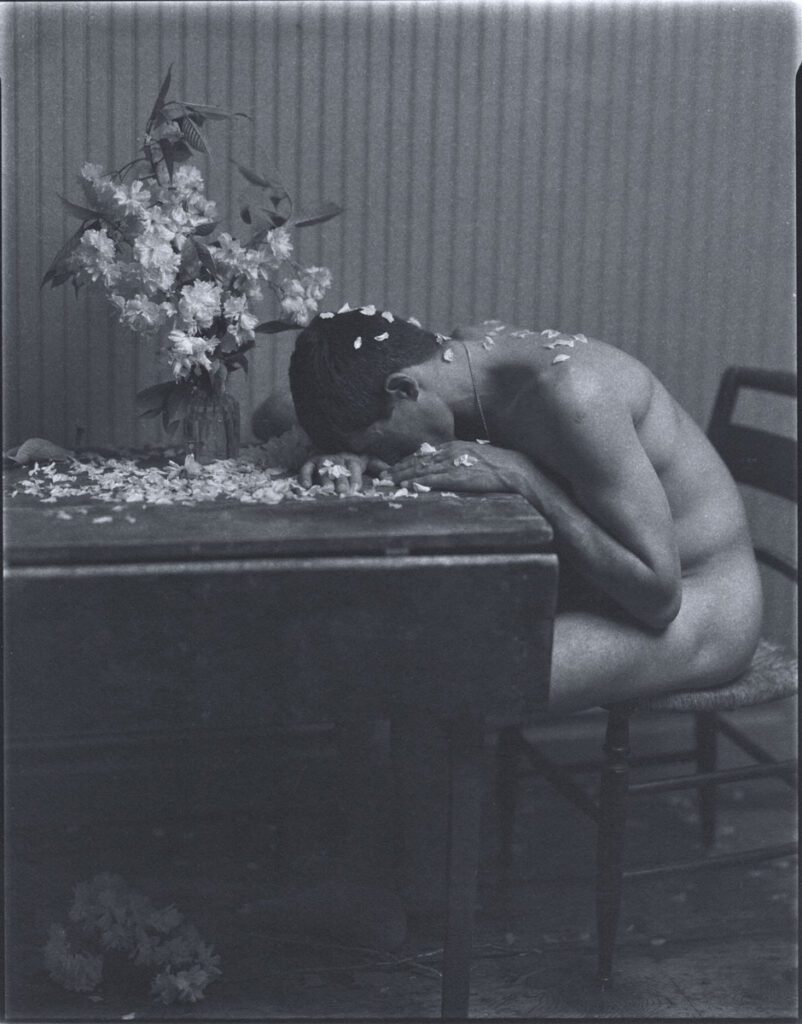
John Dugdale
A Turbulent Dream Add to cart -
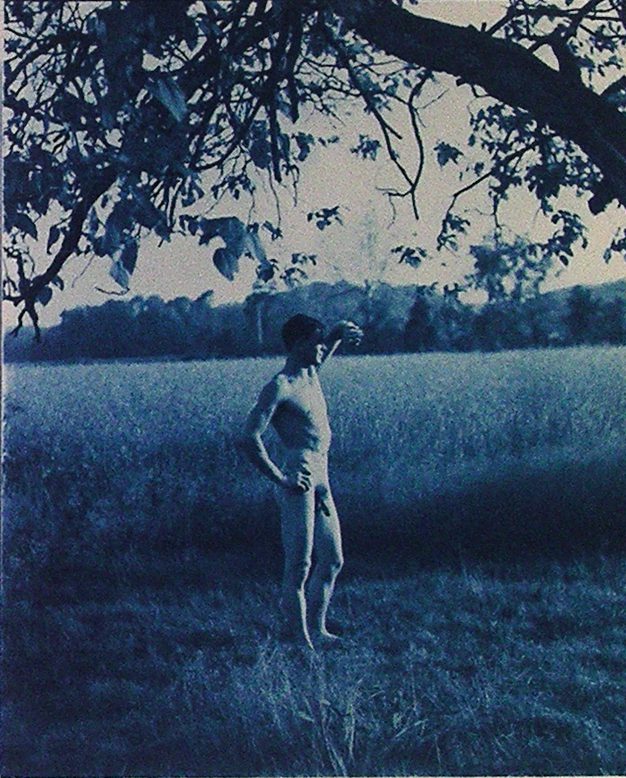
John Dugdale
After Eakins Read more -
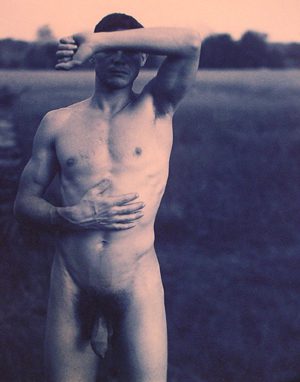
John Dugdale
After Eakins II Read more -

John Dugdale
Alvin’s Torso Add to cart -
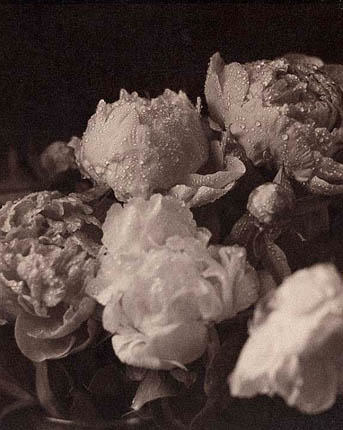
John Dugdale
Cornwall Peonies Read more -

John Dugdale
Empire Chair in the Gloaming Add to cart -
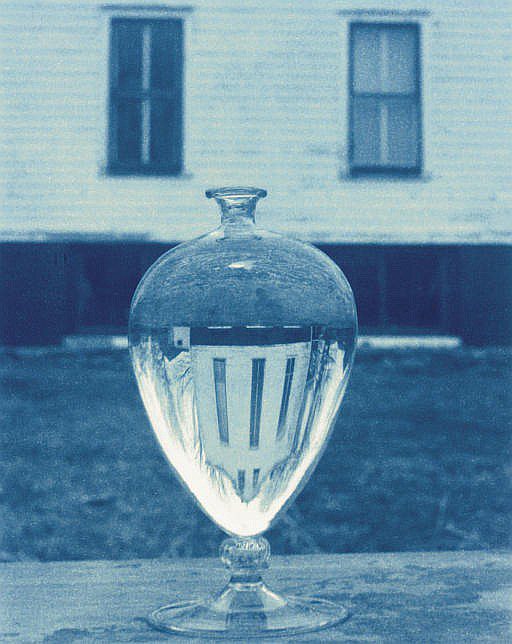
John Dugdale
Farmhouse Inverted in Venini Vase Read more -

John Dugdale
Figs and Pomegranates Add to cart -

John Dugdale
I Could Not See to See Add to cart -
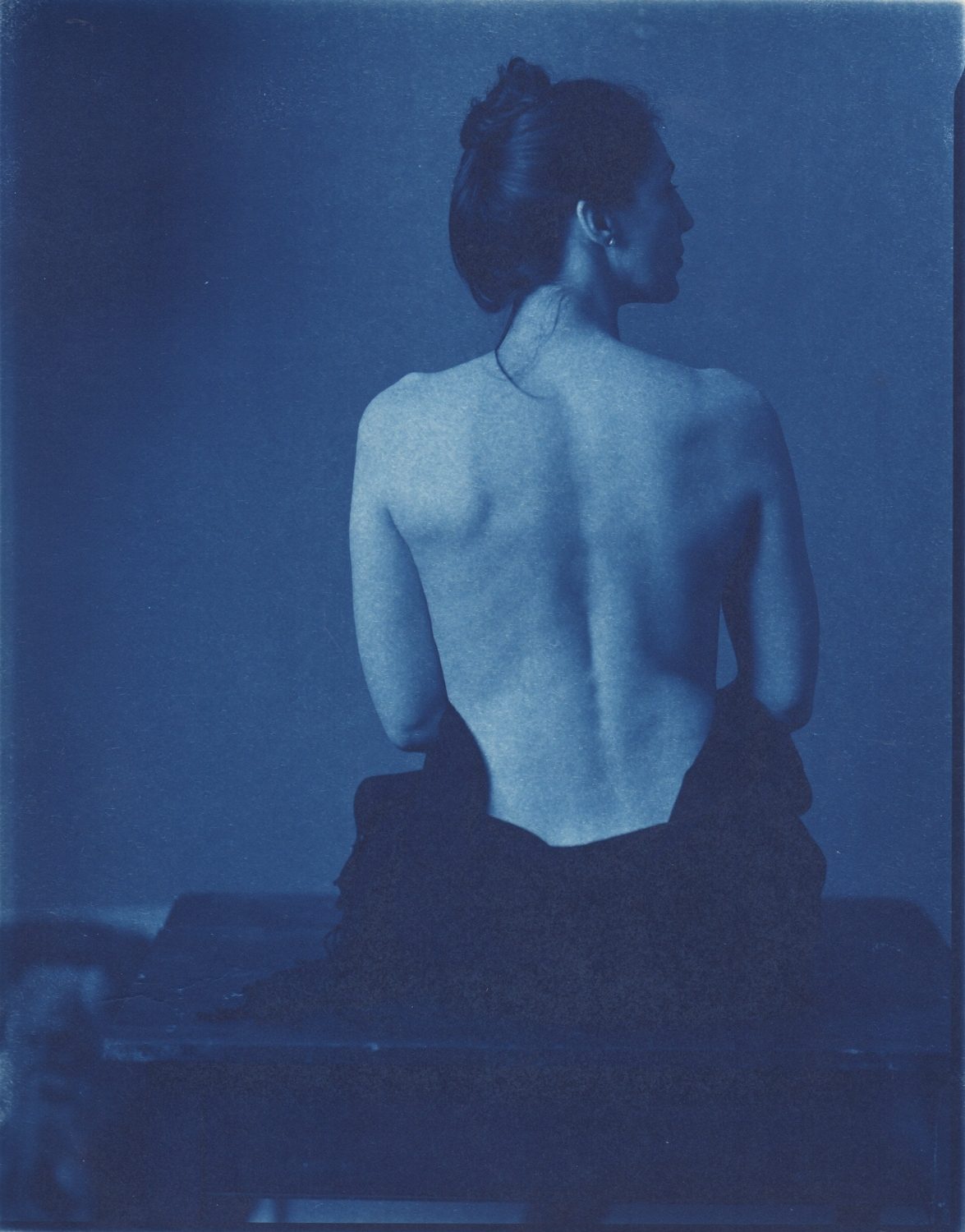
John Dugdale
I Linger to See a Beauty That Comes Before Me Add to cart -
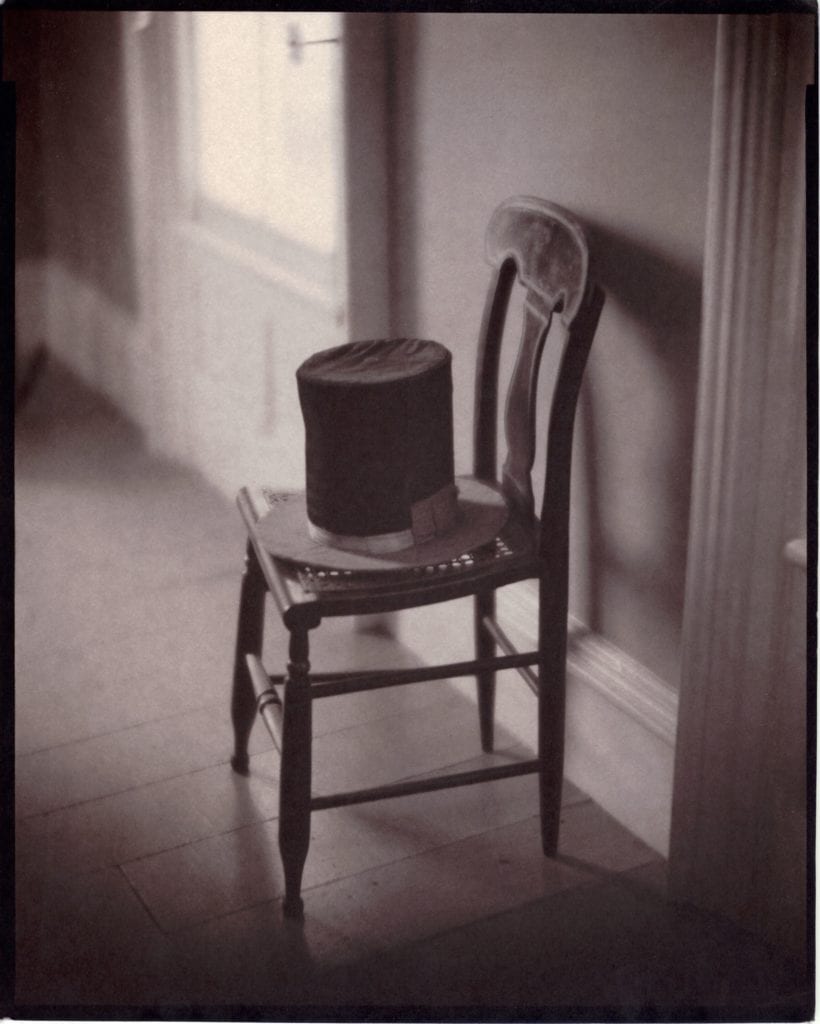
John Dugdale
In The Front Parlour Read more -

John Dugdale
In the Shadow of His Beloved Add to cart -

John Dugdale
Kathleen and John with Delphinium Add to cart -
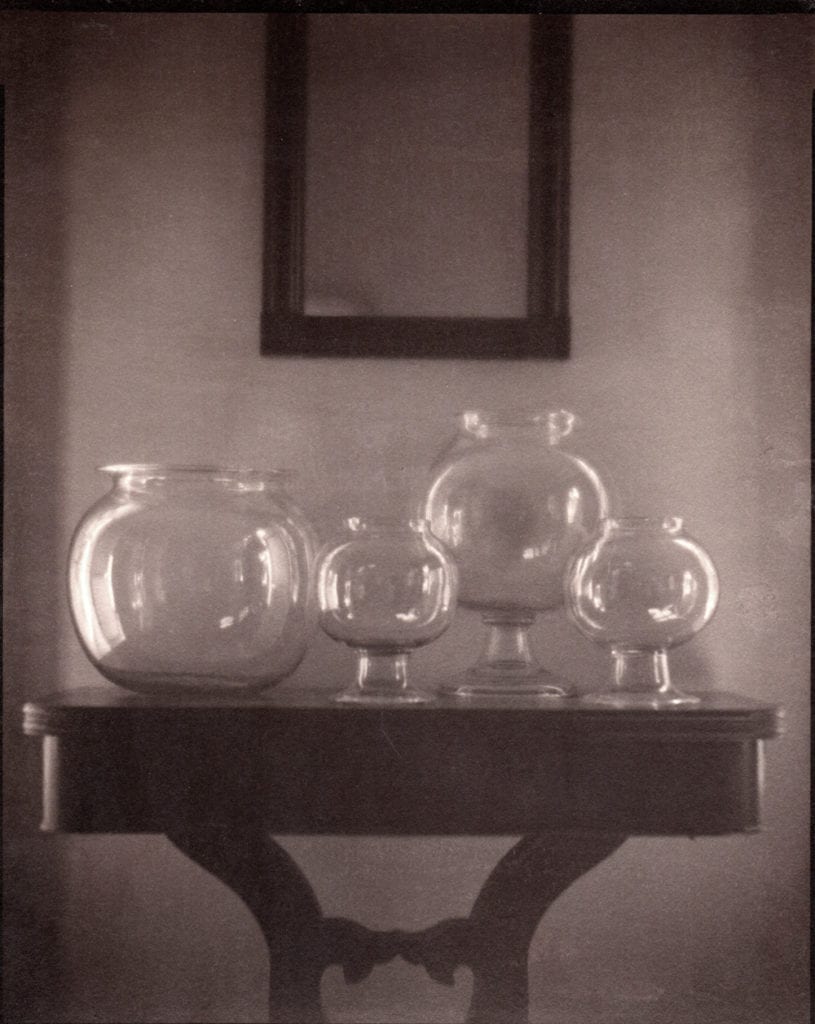
John Dugdale
Light from Light (Translucent Unity) Add to cart -

John Dugdale
Parlour Figure Add to cart -

John Dugdale
Peonia Add to cart -
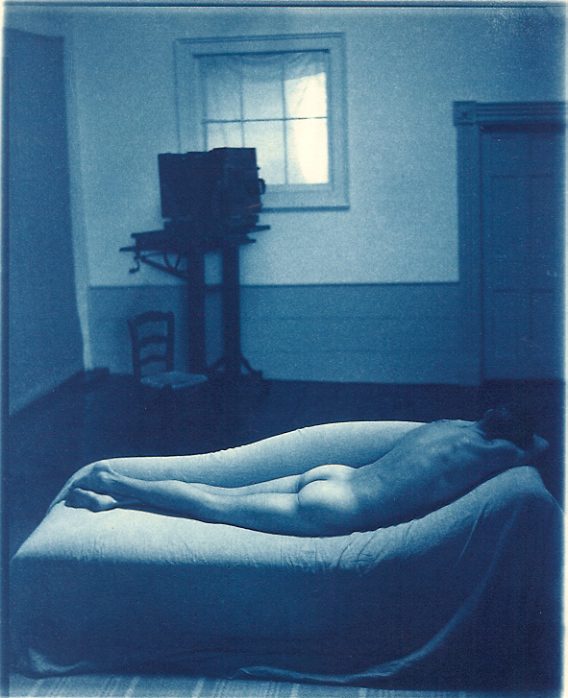
John Dugdale
Reclining Self Portrait Read more -

John Dugdale
Revere Thyself Add to cart -
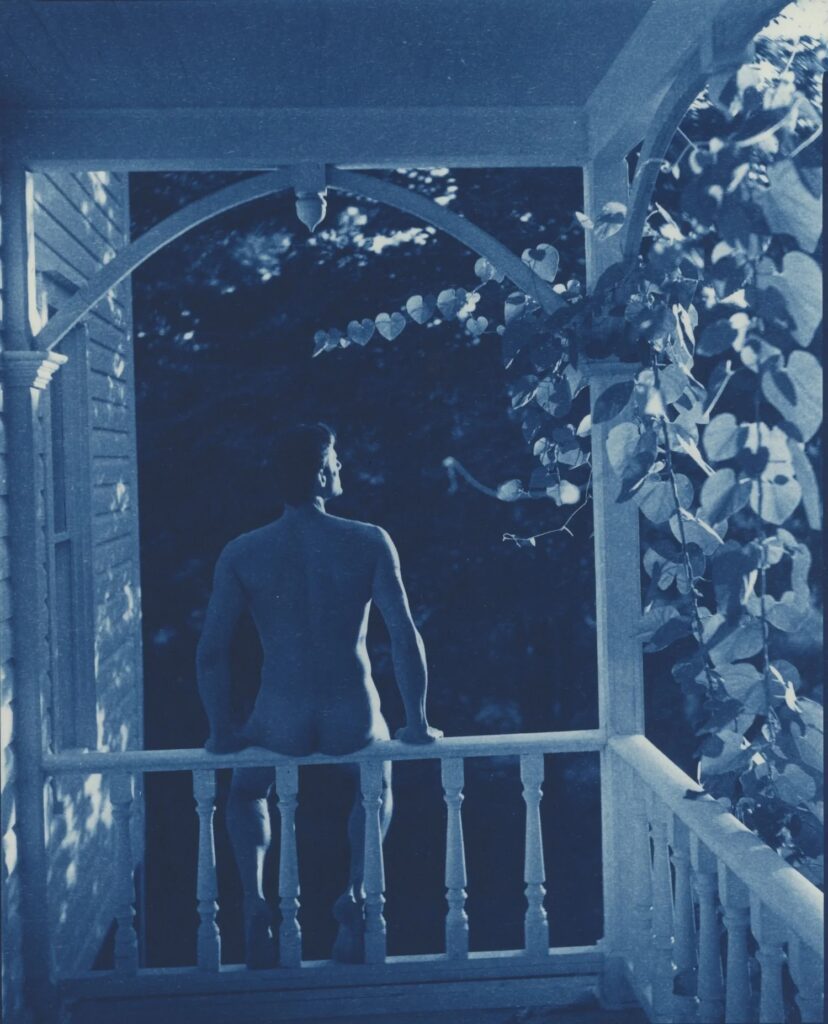
John Dugdale
Smile For Your Lover Comes Read more -

John Dugdale
Tabletop with English Brass Add to cart -

John Dugdale
The Artist’s Models Add to cart -
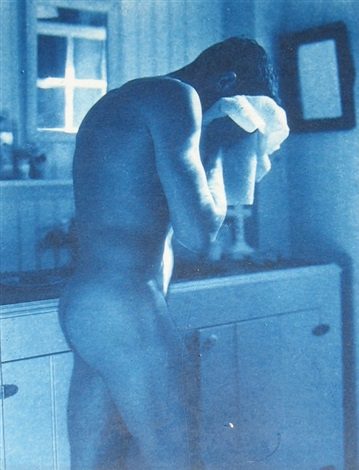
John Dugdale
The Early Rising Artist Read more -
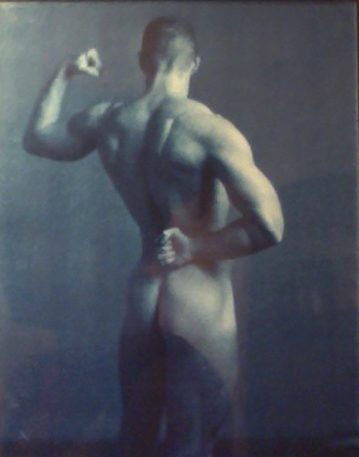
John Dugdale
The Flex of his Wrist Read more




